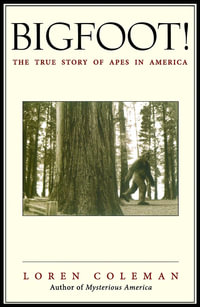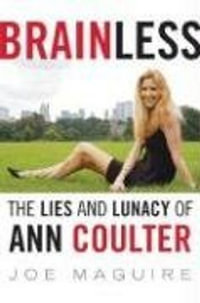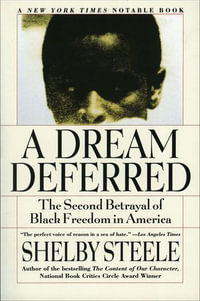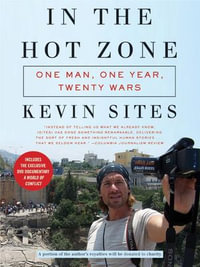
eTEXT
Dynamic Embodiment for Social Theory
I move therefore I am
By: Brenda Farnell
eText | 27 February 2012 | Edition Number 1
At a Glance
eText
$116.60
or
Instant online reading in your Booktopia eTextbook Library *
Read online on
Desktop
Tablet
Mobile
Not downloadable to your eReader or an app
Why choose an eTextbook?
Instant Access *
Purchase and read your book immediately
Read Aloud
Listen and follow along as Bookshelf reads to you
Study Tools
Built-in study tools like highlights and more
* eTextbooks are not downloadable to your eReader or an app and can be accessed via web browsers only. You must be connected to the internet and have no technical issues with your device or browser that could prevent the eTextbook from operating.
ISBN: 9781136645259
ISBN-10: 113664525X
Series: Ontological Explorations (Routledge Critical Realism)
Published: 27th February 2012
Format: ePUB
Language: English
Number of Pages: 176
Publisher: Taylor & Francis
Edition Number: 1
























